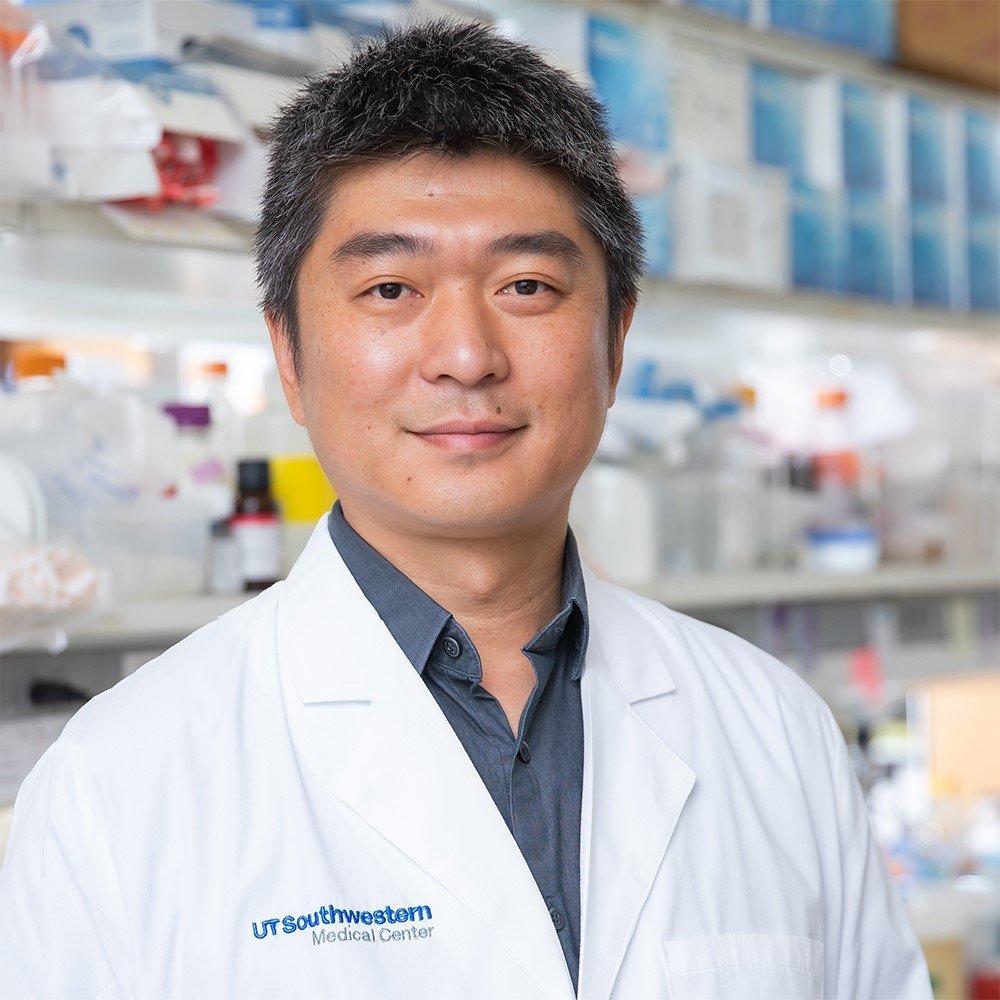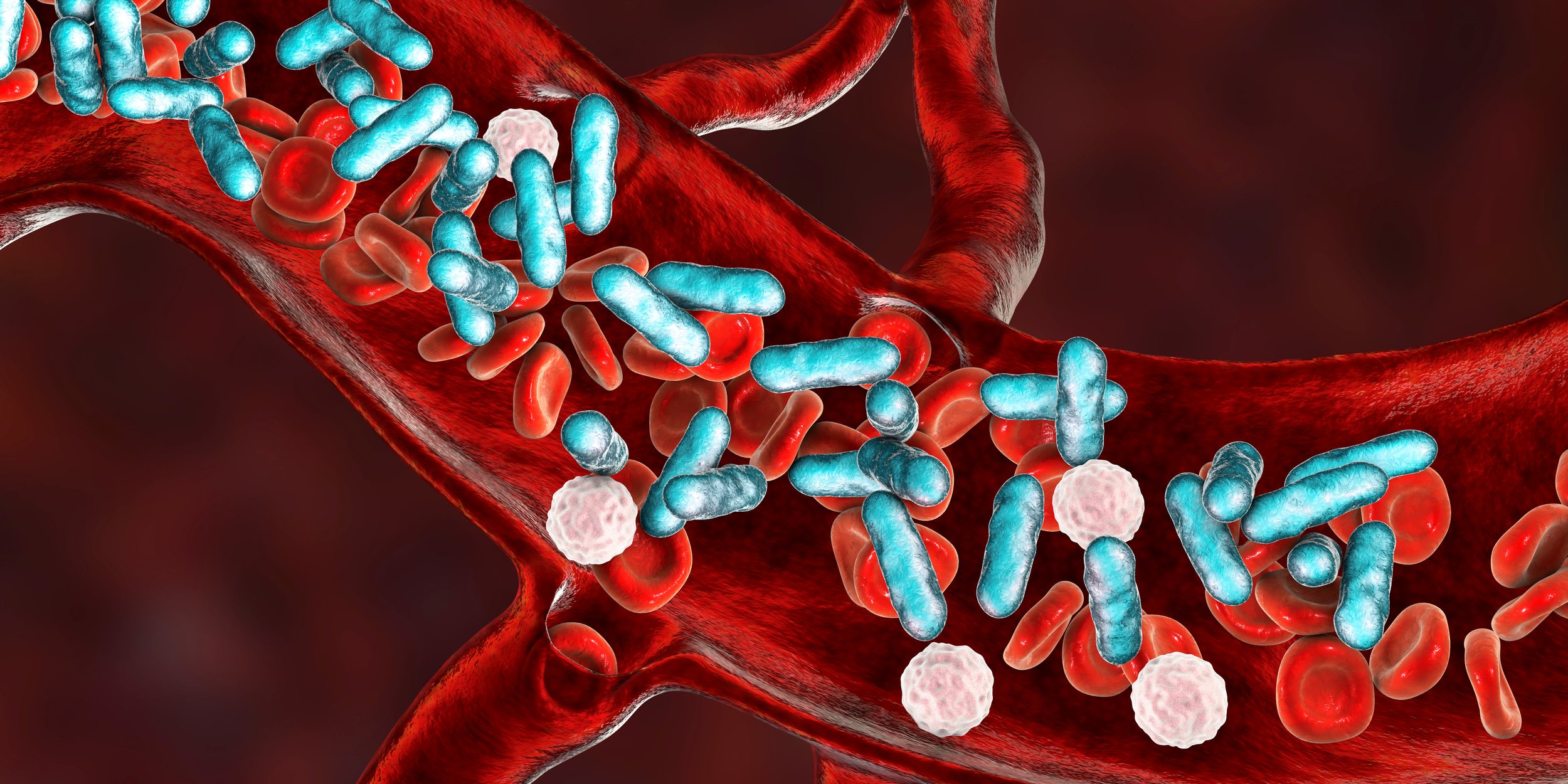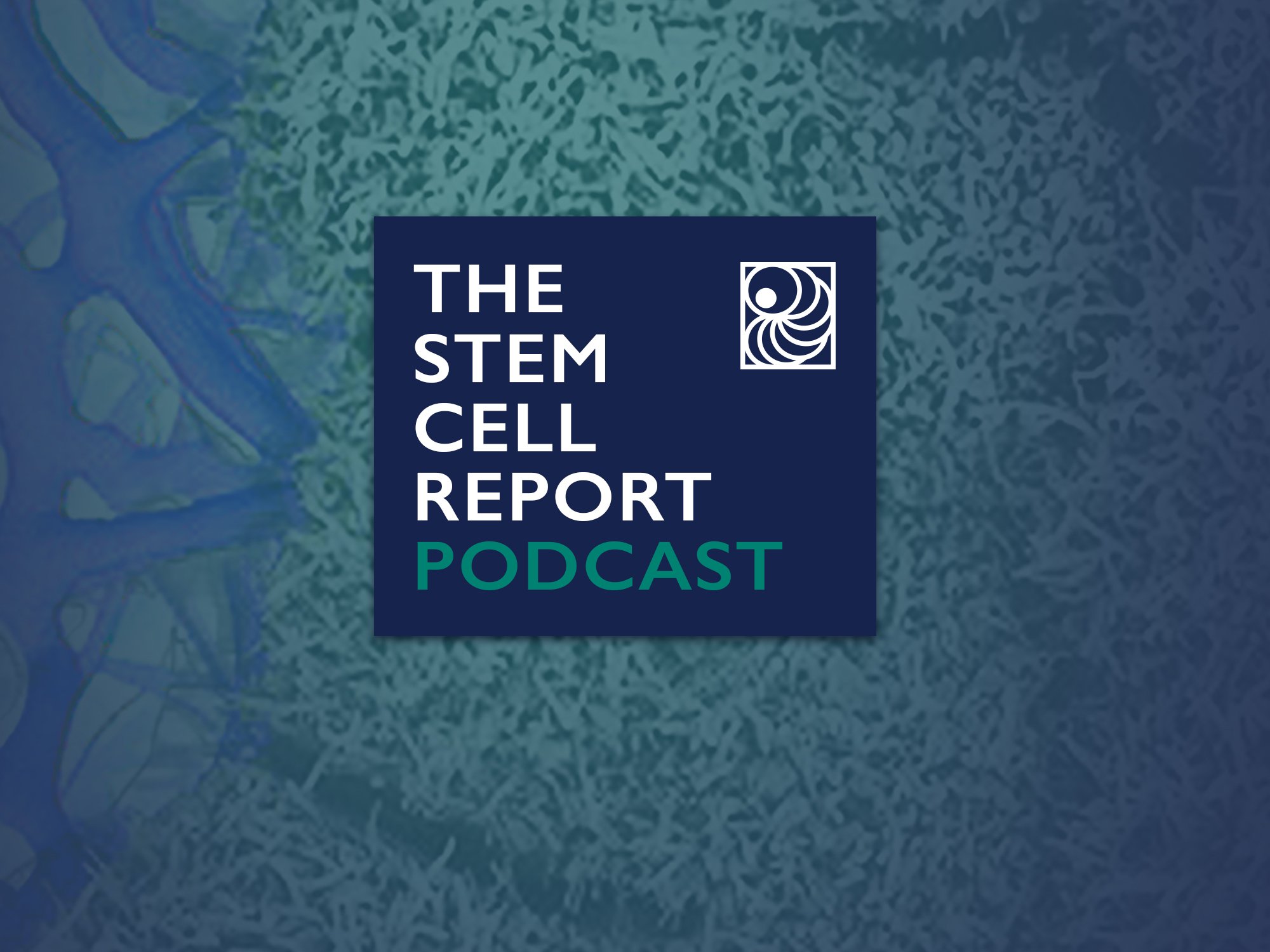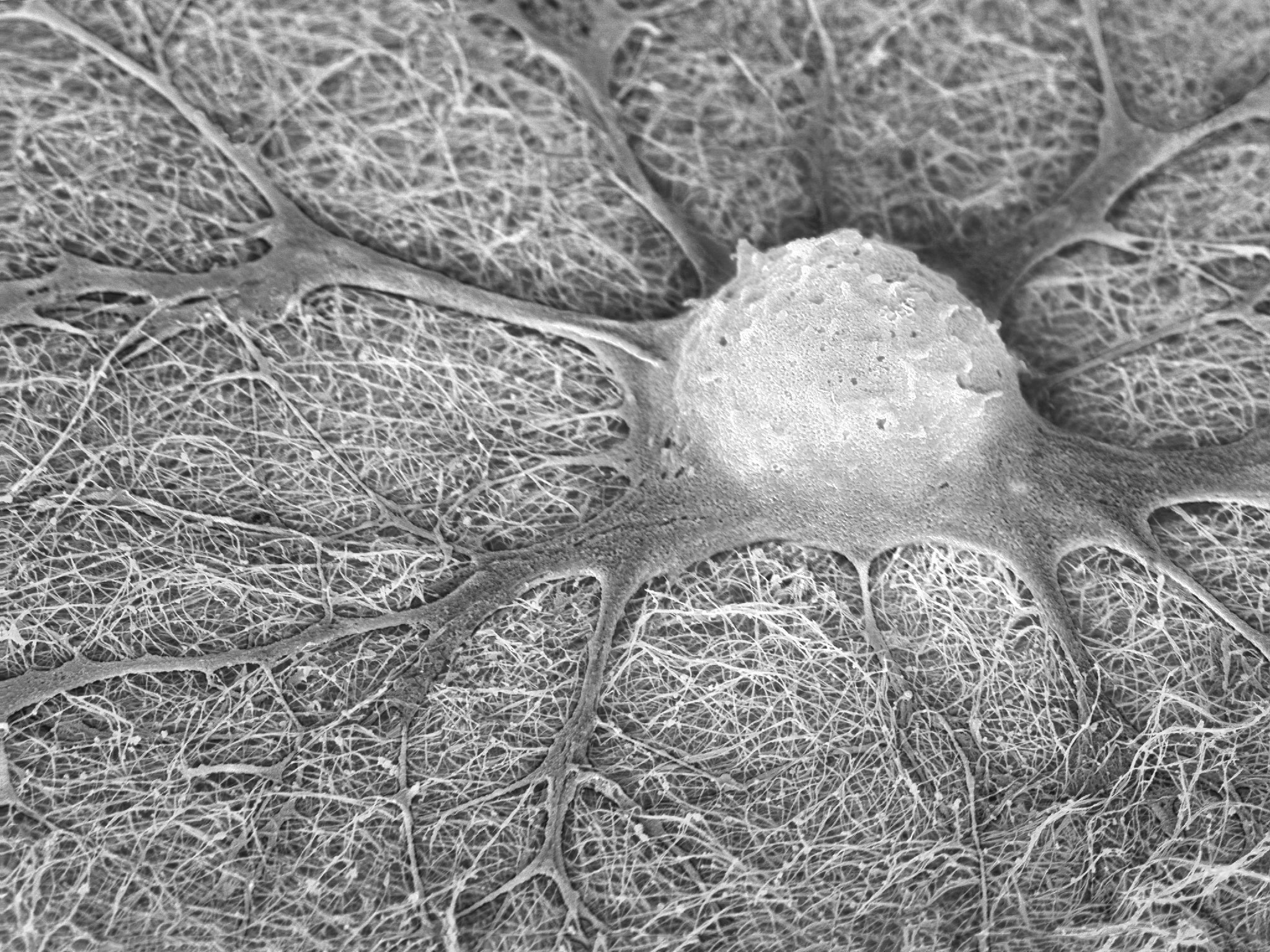ISSCR News

New in Stem Cell Reports: New Stem Cell Research May Have Implications for Liver Transplantation
Research just published in the journal Stem Cell Reports, provides proof of principle that functional liver cells can be grown in a different species and could represent a solution to transplant shortage.

Member Spotlight: Jun Wu, PhD
What truly thrills me about our work is how our curiosity leads to discoveries that open the door to novel tools and methodologies, broadening our understanding of the natural world in ways previously unimaginable.

The ISSCR Announces Hong Kong, SAR As Location For Its 2025 Annual Meeting
The world’s leading stem cell scientists will convene in Hong Kong, SAR, 11-14 June 2025 for the International Society for Stem Cell Research (ISSCR) 2025 Annual Meeting, illuminating the future of stem cell science and highlighting the most compelling research and clinical advances of the year.

New in Stem Cell Reports: Blood Stem Cells Unlock Clues for Helping Sepsis Patients Fight Recurring Infections
Severe sepsis from bacterial or viral infections can be life-threatening and even people recovering from severe sepsis may experience long-lasting effects on the immune system, making them more susceptible to recurrent infections. The causes for this sepsis-induced immune suppression are not well understood and lack an effective treatment. To better understand the cause, Katherine MacNamara and colleagues from Albany Medical College, USA, analyzed the blood stem cells of mice with prior sepsis and their results were recently published in the journal Stem Cell Reports.

New Podcast Episode. Enhancing Connections: Rebuilding Neural Circuits in Spinal Cord Injury
Biomedical researchers have long sought ways to repair spinal cord damage with the holy grail of the pursuit being the reconstitution of lost function. In the mid 1990’s with the successful culture of human embryonic stem cells, and about a decade later induced pluripotent stem cells (iPSCs), the field was energized with a potential new approach to replace the lost neurons and glia cells and restoring neural connections. In the decades since that discovery some progress has been made, however many hurdles remain, including establishing a functional synaptic connection between the transplanted and host neurons which is crucial for motor function recovery. To boost therapeutic outcomes our guests tested an ex vivo gene therapy to promote synapse formation between the donor and host neurons by expressing the synthetic excitatory synapse organizer CPTX in hiPSCs-derived neural stem and progenitor cells. Tune in to learn what they discovered.

Receive ISSCR Press Releases
Sign up be a part of ISSCR’s media list. Media Contact: Kym Kilbourne, Director of Media and Strategic Communications
Subscribe to ISSCR News.
Each month, ISSCR delivers scientific, policy, and community to your inbox .
